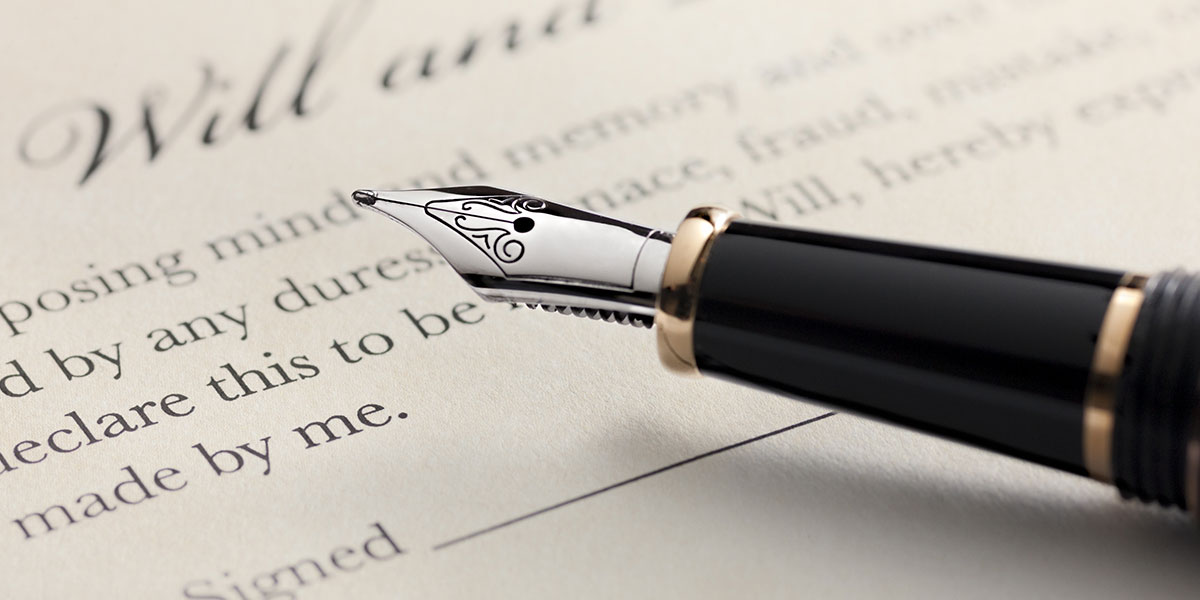In the UK, handwritten and homemade Wills are perfectly acceptable but, as they are prepared without the assistance of a solicitor, they are often challenged, for example, because:
- The testator (the person making the Will or Codicil) was unduly influenced or the Will was obtained by fraudulent calumny (i.e. where somebody has “poisoned” the testator’s mind).
- The testator did not have the relevant testamentary capacity to execute the Will.
- The testator did not know or approve the contents of the Will.
- The testator did not execute the Will correctly.
A testator is free to prepare their own Will and store it wherever they wish. Even a Will scribbled on a scrap of paper can be admitted to the Probate Registry, provided it has been executed correctly and in line with the strict rules set out in the Wills Act 1837, namely:
- The Will must be in writing.
- It must be signed by the testator (or some other person by their direction and in their presence).
- It must appear that the testator intended by his signature to give effect to the Will.
- The testator signs in the presence of two or more witnesses who are present at the same time.
- The witnesses each sign the Will in the presence of the testator.
Practical tips
- If you have made a first draft of a Will or if you have received a draft document from a solicitor, but it is not the final version and you wish to amend it, then you should not sign it and you should make sure it is clearly stated that it is only a draft version and is not intended to be relied upon.
- Always inform your chosen executor that they have been appointed and let them know where your original Will is stored.
- Given how important a Will is, it is best practice to store it in a safe place. You can register your Will on the National Will Register, which can help family members or friends locate your Will on your death.
- If you have previous Wills in your possession that are no longer valid because you have made a later Will, then you should ensure you destroy the earlier Wills. Similarly, if you have a Will stored at a firm of solicitors and you then make a new Will elsewhere, you should inform the previous solicitors of that.
- Whilst it is always advisable to have a Will drafted by a professional; if you do intend on making a Will at home, you should type the document instead of handwriting it because illegible handwriting could lead to a dispute.
- If any clauses in your Will are likely to be controversial, you should prepare a letter of wishes (LoW) or explanatory note to be stored with your Will. This is especially important if you have not instructed a solicitor to draft your Will because, in this case, there will not be a solicitor’s “Will file”. The LoW can include an explanation as to why you made the Will the way you did which could help to defend any claim in the future.
